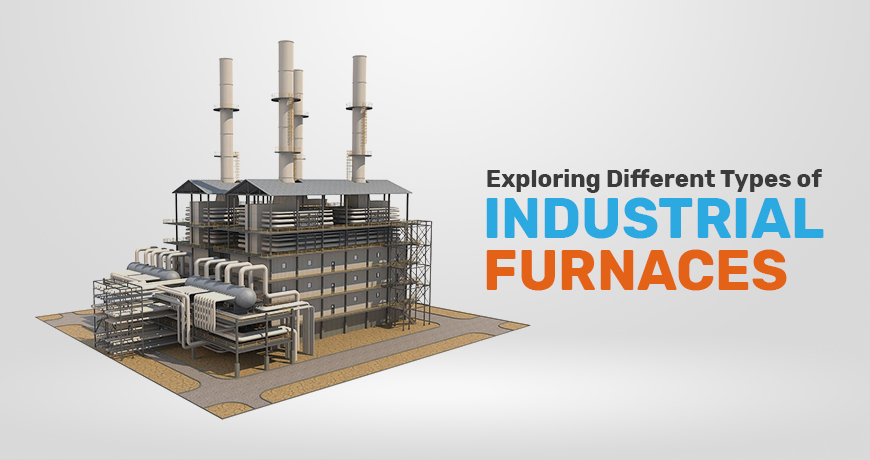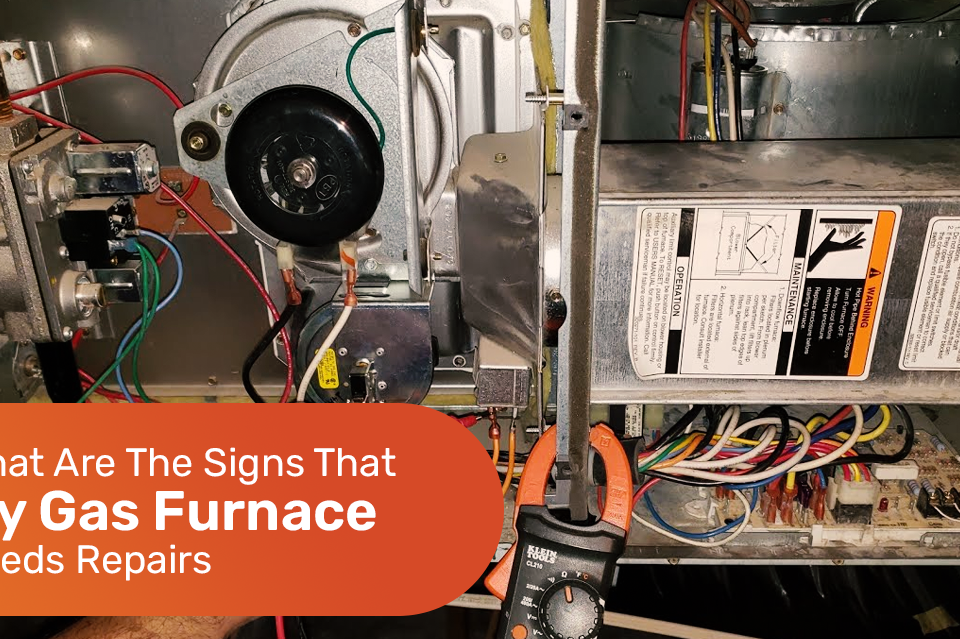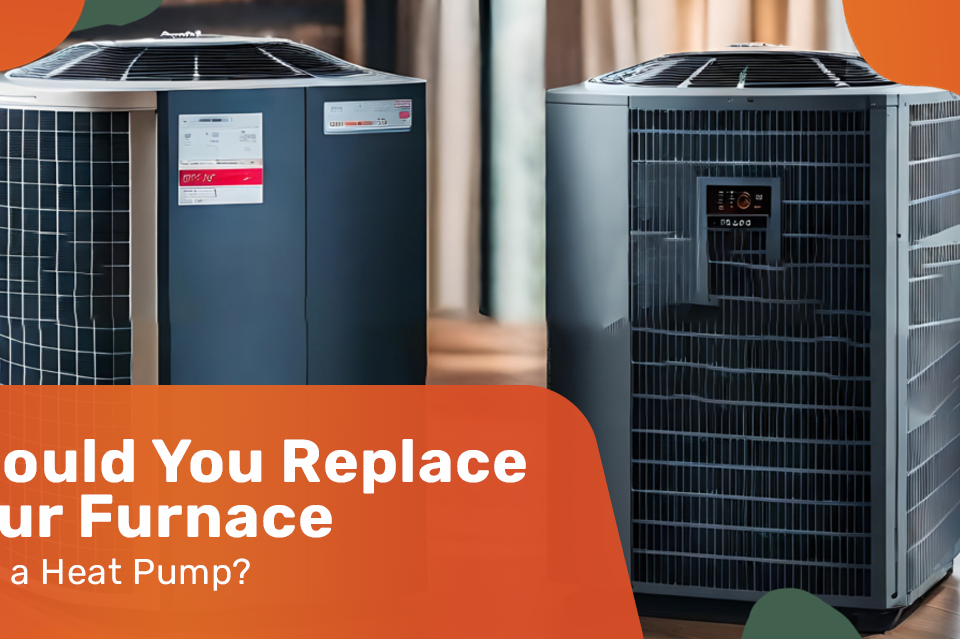HVAC installation & Plumbing Services in Mississauga & Sentral HVAC Repair

Shower Faucet Woes? Discover Common Issues and Effective Fixes for a Refreshing Bathroom Experience
July 13, 2023
Repair or Replace: Weighing the Cost-Effectiveness of Refrigerator Repairs
August 23, 2023Welcome to our comprehensive guide where we delve into the fascinating world of industrial furnaces. As essential components in various industries, these powerful heating devices play a critical role in processes such as melting, annealing, and heat treatment.
In this blog post, Sentral HVAC Plumbing will explore the different types of industrial furnaces that exist today and shed light on their unique features and applications. From electric arc furnaces to rotary kilns and everything in between. We’ll provide valuable insights into how these furnaces operate and the industries they serve.
Whether you’re a professional seeking to expand your knowledge or simply curious about industrial furnace technology. Join us as we embark on an enlightening journey through the diverse realm of industrial furnaces.
Introduction to Industrial Furnaces
Industrial furnaces are essential heating devices used in a wide range of industries. They facilitate processes such as melting, heat treatment, and material transformation by providing high temperatures required for efficient production and manufacturing operations.
Industrial furnaces come in various types, including electric arc furnaces, crucible furnaces, rotary kilns, and more. These powerful tools play a critical role in shaping raw materials into finished products across diverse sectors like metalworking, glassmaking, ceramics production, and beyond.
With their ability to generate intense heat and controlled environments. Industrial furnaces are indispensable assets that drive innovation and productivity in modern industrial settings.
Electric Arc Furnaces: Harnessing Electricity for High-Temperature Processes
Electric arc furnaces are advanced heating devices used in various industries, particularly in metalworking and steel production. These furnaces harness the power of electricity to generate high temperatures required for melting, refining, and alloying metals.
The process involves creating an electric arc between electrodes and the charged material. Which produces intense heat that can reach several thousand degrees Celsius.
Electric arc furnaces offer precise temperature control, faster heating rates, and reduced energy consumption compared to traditional fuel-fired furnaces. They play a crucial role in transforming raw materials like scrap metal into molten metal for further processing or casting into desired shapes.
Additionally, electric arc furnaces contribute to sustainable practices by enabling efficient recycling of scrap metal and reducing environmental impact associated with mining and extraction processes.
Crucible Furnaces: Versatile Tools for Small-scale Melting and Casting
Crucible furnaces are versatile heating devices used for small-scale melting and casting operations. These furnaces consist of a crucible, typically made of ceramic or graphite, which holds the material being melted. They are commonly used in industries such as jewelry making, metal artistry, and small foundries. Crucible furnaces can reach high temperatures to melt various materials including metals, glass, and alloys.
They offer precise temperature control and allow for easy pouring of molten material into molds or other desired shapes. The compact size of crucible furnaces makes them suitable for smaller production batches or individual projects. They are often favored by artisans and craftsmen due to their simplicity, affordability, and ease of use.
Rotary Kilns: Transforming Raw Materials through Continuous Thermal Processing
Rotary kilns are essential heating devices used to transform raw materials through continuous thermal processing. These cylindrical, rotating furnaces provide a controlled environment for various industrial applications such as cement production, lime calcination, and ore roasting.
Raw materials are fed into the kiln at one end and gradually move towards the other end due to the rotation. As they travel along the length of the kiln, they undergo physical and chemical transformations under high temperatures.
Rotary kilns enable efficient drying, heating, cooling, and reaction processes by maintaining consistent temperature profiles within their chambers. This versatile technology plays a crucial role in industries that require precise control over material transformation processes on a large scale while ensuring energy efficiency and product quality.
Box Furnaces: Flexible Solutions for Batch Heat Treatment Applications
Box furnaces are versatile heating devices that provide flexible solutions for batch heat treatment applications. These furnaces consist of a rectangular chamber with heating elements and insulation, allowing for controlled heating and cooling of materials within the enclosed space.
Box furnaces are commonly used in industries such as aerospace, automotive, and metalworking for processes like annealing, tempering, stress relieving, and brazing. They offer precise temperature control and uniform heat distribution throughout the chamber to ensure consistent results. With their spacious interior, box furnaces can accommodate various sizes and quantities of materials or parts in a single batch.
This makes them ideal for small-scale or customized production where different components require specific heat treatment processes. Box furnaces provide a reliable solution for achieving desired material properties while maintaining efficiency and quality standards in industrial settings.
Conclusion
In conclusion, exploring the different types of industrial furnaces installation has provided valuable insights into their importance and functionality across various industries. From electric arc furnaces to rotary kilns and box furnaces. Each type offers unique features and applications that contribute to efficient production processes.




